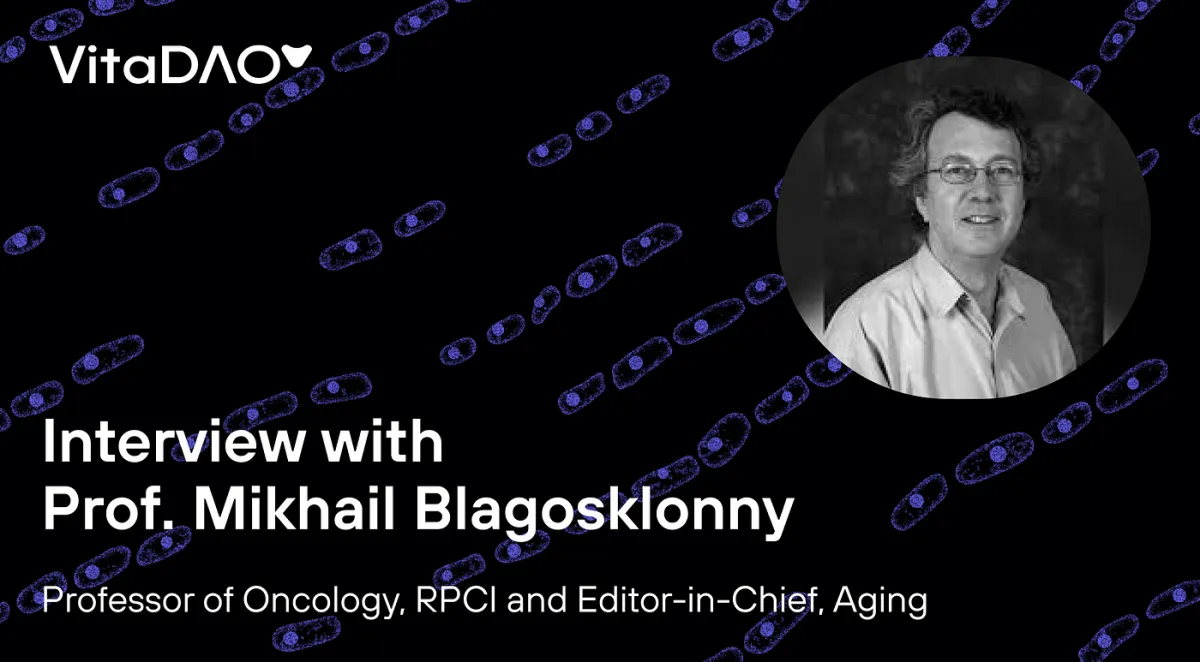

Mikhail Blagosklonny Review
In the realm of oncology and gerontology, few names shine as brightly as Mikhail Blagosklonny. A renowned scientist, researcher, and professor, Blagosklonny has made significant contributions to understanding cancer biology, cell senescence, and the mechanisms underlying aging. This essay delves into the life, work, and enduring legacy of Mikhail Blagosklonny, elucidating his groundbreaking ideas and their impact on the fields of oncology and aging research.
Early Life and Education:
Mikhail Blagosklonny was born in St. Petersburg, Russia, in 1961. His academic journey began at the First Pavlov State Medical University of St. Petersburg, where he earned his medical degree. Following this, he pursued his Ph.D. in experimental medicine and cardiology at the same institution. Blagosklonny's early interest in medical research laid the foundation for his future endeavors in cancer biology and aging.
Contributions to Cancer Research:
Blagosklonny's research career burgeoned as he delved into the intricate mechanisms governing cancer cell growth and proliferation. One of his seminal contributions was the development of the concept of "cellular quiescence" and its relevance to cancer therapy. He proposed that dormant cancer cells, while not actively dividing, could evade traditional cytotoxic treatments, leading to disease recurrence. This insight revolutionized cancer treatment strategies, emphasizing the importance of targeting quiescent cancer cells to achieve long-term remission.
Moreover, Blagosklonny's research has shed light on the role of the mammalian target of rapamycin (mTOR) pathway in cancer progression. He elucidated how dysregulation of mTOR signaling contributes to tumor development and identified mTOR inhibitors as promising therapeutic agents for various cancers. His work laid the groundwork for clinical trials investigating the efficacy of mTOR inhibitors in cancer treatment, providing hope for patients with advanced malignancies.
In addition to his experimental research, Blagosklonny has been a vocal advocate for the use of repurposed drugs in cancer therapy. He proposed that certain non-cancer drugs, such as rapamycin and metformin, exhibit anti-cancer properties and could be repurposed to enhance the efficacy of existing treatments. This innovative approach has sparked considerable interest in drug repurposing as a cost-effective strategy to combat cancer.
Advancements in Aging Research:
Beyond his contributions to oncology, Blagosklonny has made significant strides in understanding the molecular mechanisms of aging. He introduced the concept of "cellular senescence" – a state of irreversible growth arrest – and its implications for aging-related diseases. Blagosklonny proposed that senescent cells accumulate with age, contributing to tissue dysfunction and age-related pathologies.
Furthermore, Blagosklonny has been a proponent of the "hyperfunction theory of aging," which posits that aging is driven by the overactivation of certain cellular processes, rather than their decline. He argued that interventions targeting these hyperactive pathways, such as mTOR inhibitors, could prolong lifespan and mitigate age-related decline. This provocative theory has sparked debates within the scientific community and fueled extensive research into the molecular basis of aging.
Blagosklonny's advocacy for the use of rapamycin as a potential anti-aging intervention has garnered widespread attention. He proposed that rapamycin, by inhibiting mTOR activity, could delay aging and extend lifespan in various organisms, from yeast to mammals. While the prospect of pharmacological interventions to slow aging remains a subject of debate, Blagosklonny's work has catalyzed efforts to develop novel anti-aging therapies.
Professional Accomplishments and Recognition:
Throughout his illustrious career, Mikhail Blagosklonny has held prestigious positions at leading academic institutions, including the Roswell Park Comprehensive Cancer Center and the New York Medical College. He has authored over 300 scientific publications, encompassing original research articles, reviews, and editorials, which have been cited thousands of times. Blagosklonny's influential contributions to cancer biology and aging research have earned him international acclaim and numerous awards, including the Albert Szent-Györgyi Prize for Progress in Cancer Research.
Moreover, Blagosklonny's mentorship and collaboration have fostered the development of a new generation of scientists dedicated to unraveling the mysteries of cancer and aging. He has mentored numerous students and postdoctoral fellows, imparting his passion for scientific inquiry and instilling in them the importance of rigorous research ethics.
Conclusion:
Mikhail Blagosklonny's pioneering work in cancer research and aging has left an indelible mark on the scientific community. His insights into the molecular mechanisms underlying cancer progression and aging have not only expanded our understanding of these complex phenomena but also paved the way for innovative therapeutic strategies. As we continue to unravel the intricacies of cancer biology and aging, Blagosklonny's legacy will undoubtedly endure, inspiring future generations of researchers to push the boundaries of scientific discovery.
Explore the Perfect Health Sciences Website

The information on this site is not intended or implied to be a substitute for professional medical advice, diagnosis or treatment. If you or any other person has a medical concern, you should consult with your health care provider or seek other professional medical treatment immediately. Our products are intended to be refrigerated.
Email us at [email protected]. Our mailing address is #113-14088 Riverport Way, Richmond, BC, V6W 0A7.